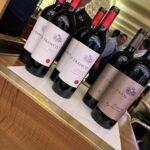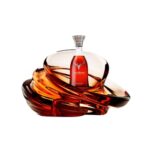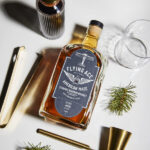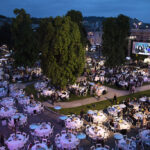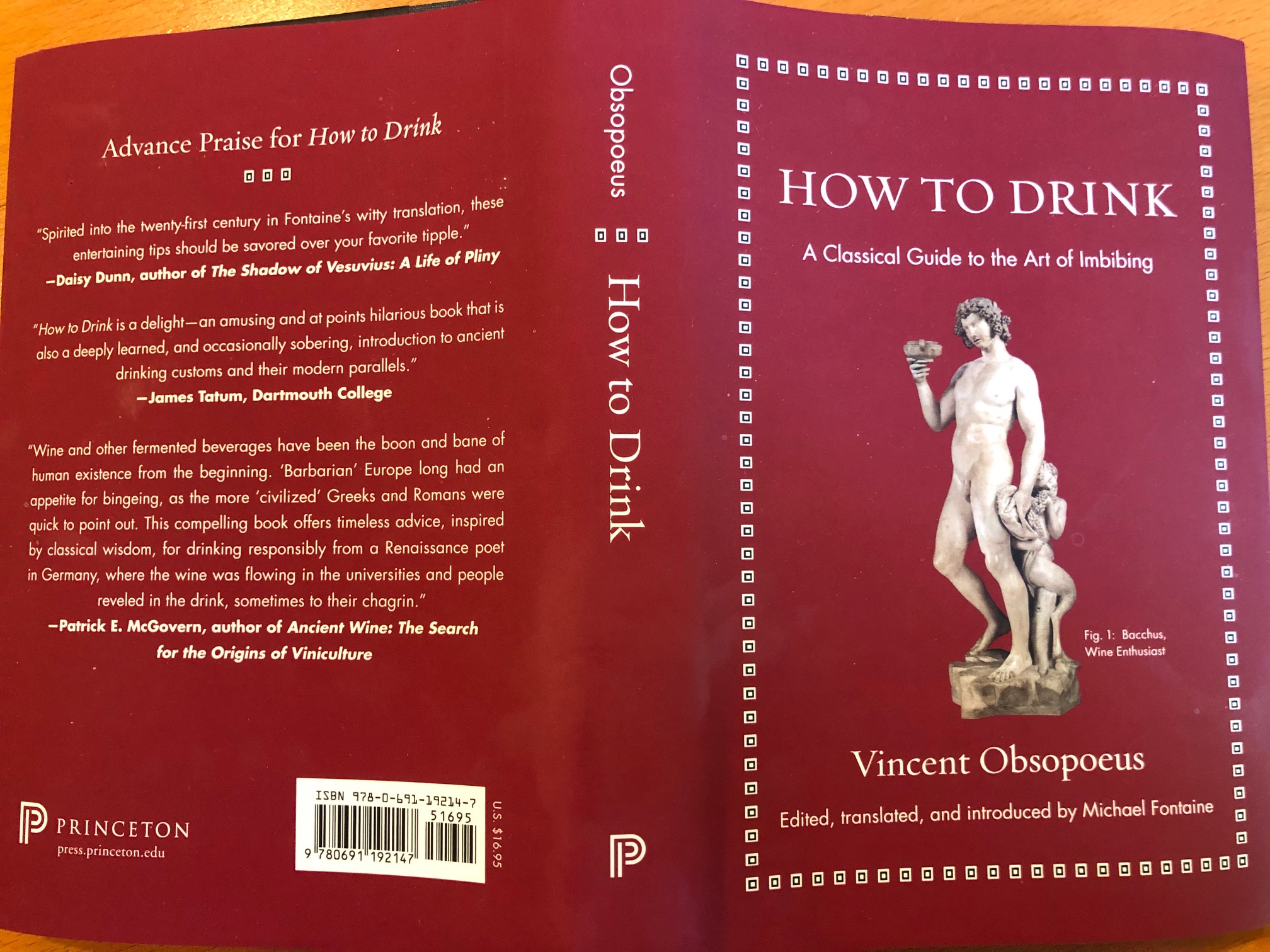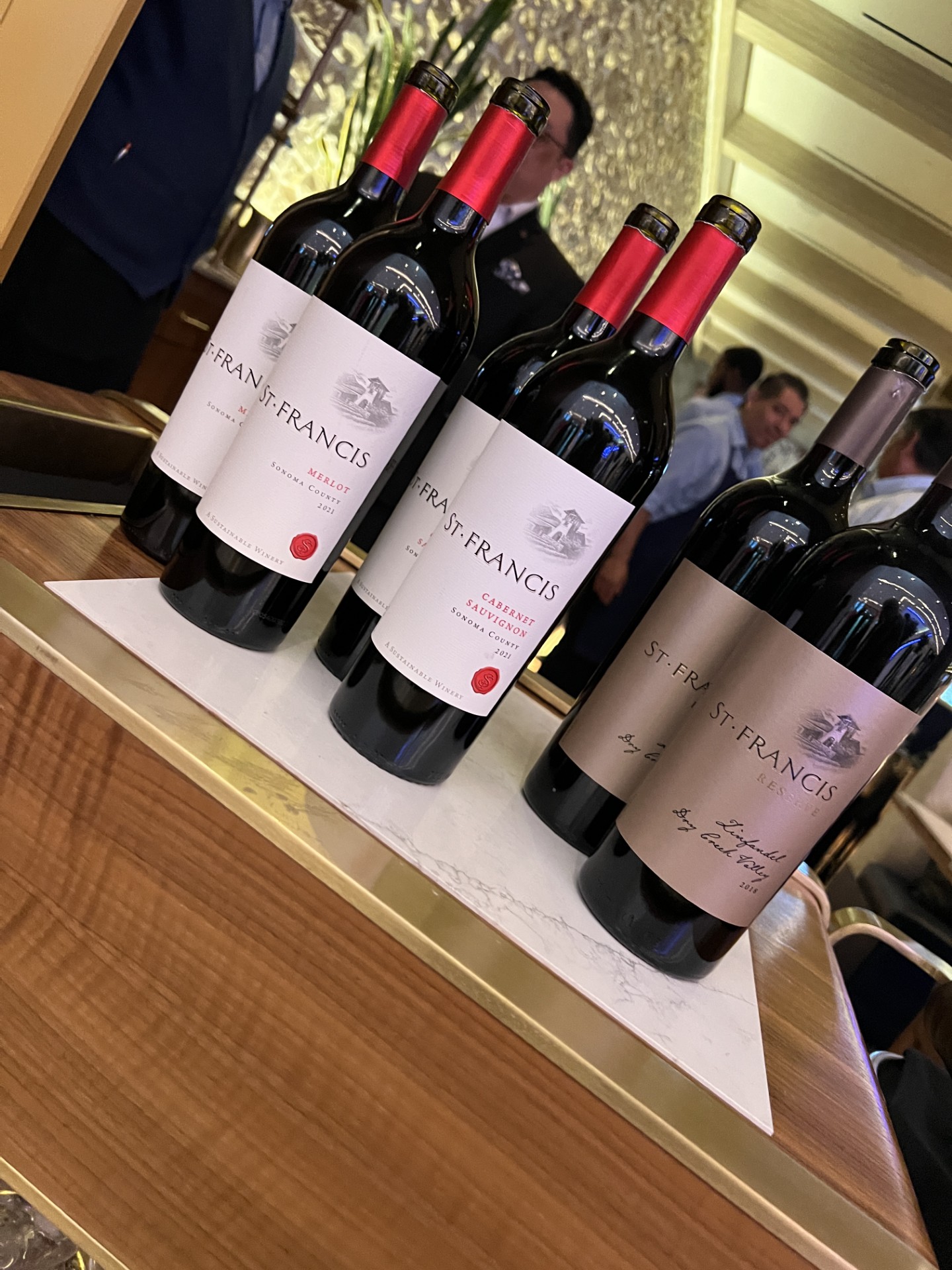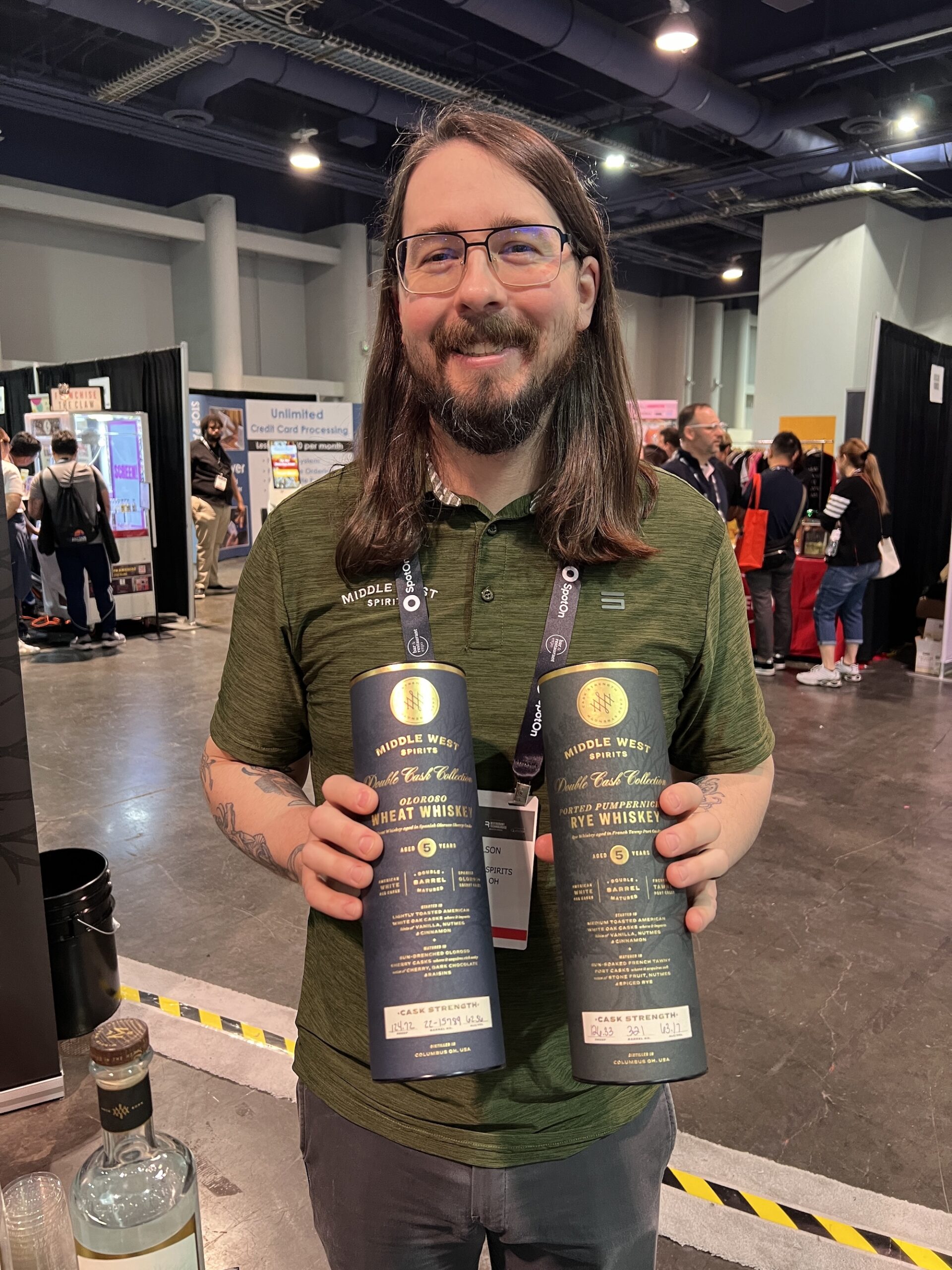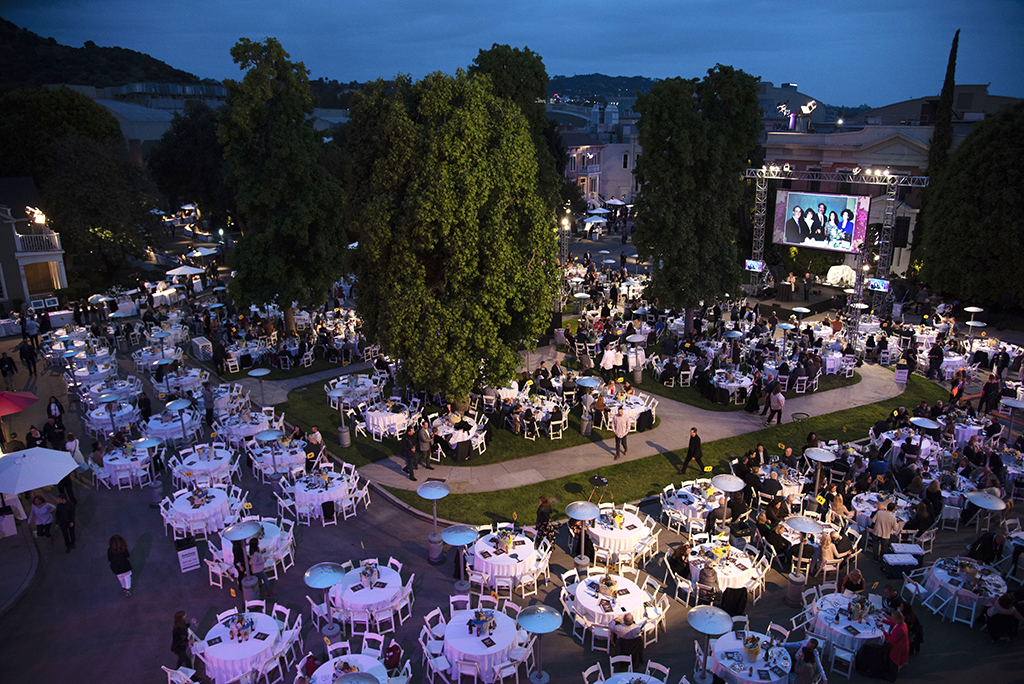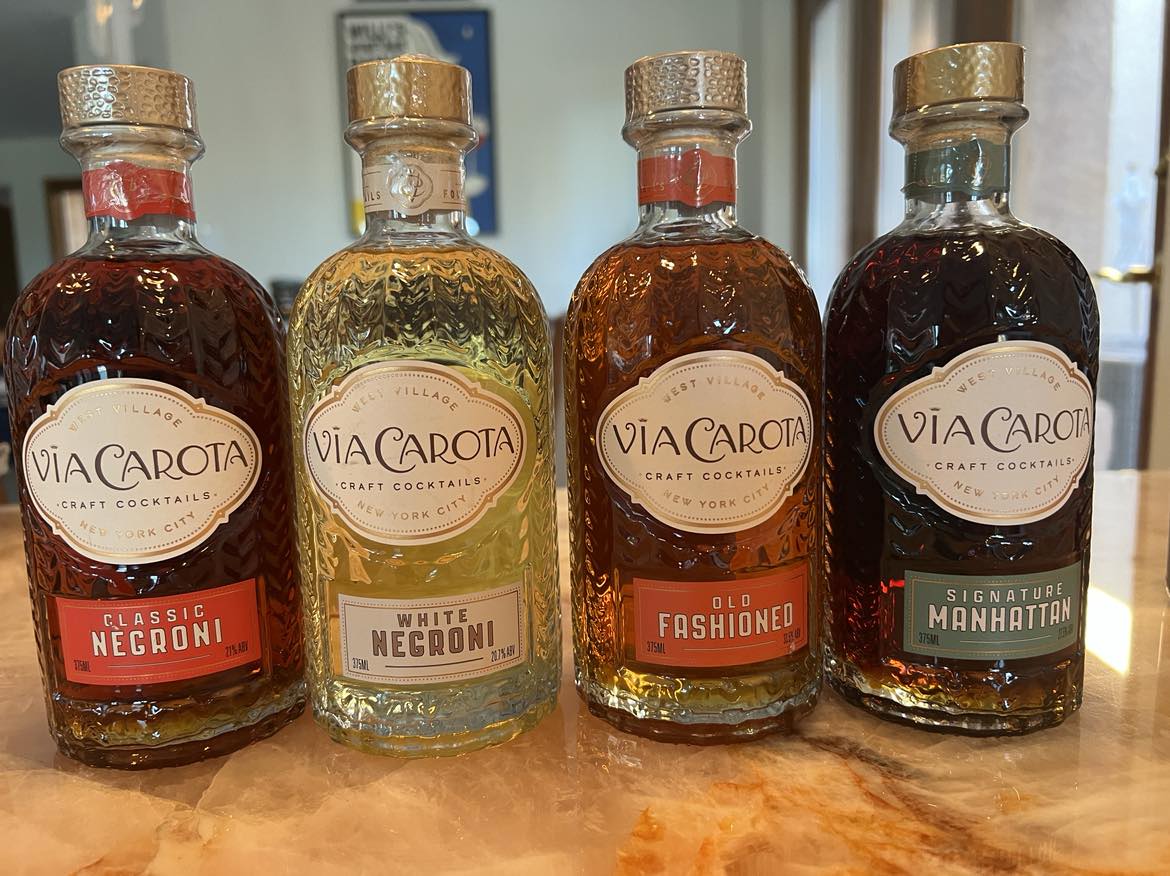It was interesting to review a book about drinking – that was originally penned in 1536 – translated from Latin but including the Latin text on the left while the facing page showed the English translation. Now and then I turned my eyes to the adjacent text to see what it looked like, but that was about it; my brother is the linguist in my family and the buck stopped there.
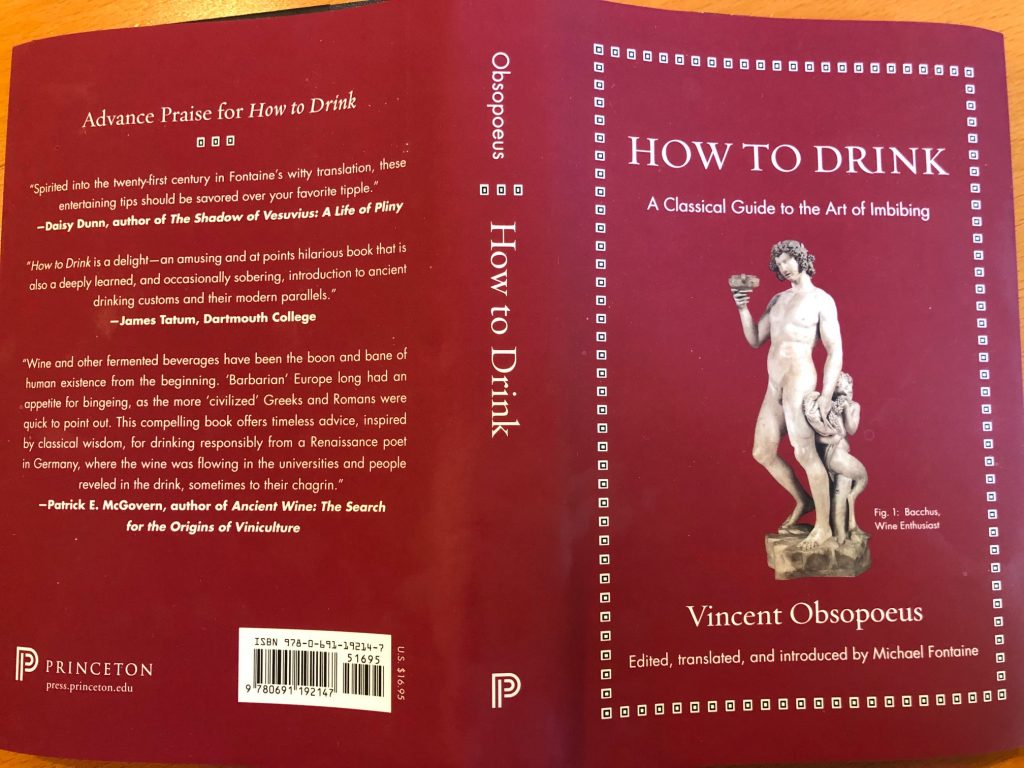 The notes from the publicist are below my review, and gives greater details on this edition. I’ll keep my observations to what isn’t already mentioned. The three sections included:
The notes from the publicist are below my review, and gives greater details on this edition. I’ll keep my observations to what isn’t already mentioned. The three sections included:
Book 1. The Art of Drinking, Sustainably with Discrimination – and I found this section the most interesting. It included “how to behave at home”, with your spouse and in public. One telling section reminded drinkers that we are “judged” by the company we keep and that we would benefit to drink with powerful friends. Though this was somewhat preachy I loved it as I love to drink with people that have cool jobs, know people, and of course have great wine cellars. (Yes, I’m writing that with a little smile.) However, after this section there are pages of notes on the type of people you shouldn’t drink with, most of which I found obvious – but maybe it wasn’t so obvious hundreds of years ago.
The second section: Book 2. Excessive Drinking, What It Looks Like. This read like I was being lectured to by an elderly grammar schoolteacher for bad behavior. Of course if you drink to excess you will get sick, but unless you are an actual alcoholic, I don’t believe that all excessive drinkers – and you know who you are without the book spelling it out for you – will end with poverty and death. There are about 100 pages in this section. I would suggest this reading to anyone that suspects they are abusing alcohol. Years ago I read a book put out by Alcoholics Anonymous, to know the symptoms and behavior of alcoholism and alcoholics, and read it cover to cover as a personal check list. There was nothing like that book in this one, which is fine. My point is that this book, written so long ago, looks to be written to help people be aware that excessive drunkenness is not acceptable behavior.
Book 3. “How to Win at Drinking Games” sounded interesting because, I have to admit, I’ve never actually played a drinking game – and the section starts off with a game. Later, he writes “sobriety is best” so you don’t have to play the games you can just “play along” when others play. Then he goes back to share more drinking games, most are toasts that go on and on. Never been through that either.
Conclusion: If you are interested in ancient cultural behaviors, a history of how drinking alcohol was perceived, Latin translations, old text, prose, history – all somewhat written in jest – you should enjoy this book!
From the Publicist
Drink like the Ancients! A 16th Century Manual for How to Drink!
The forthcoming book, How to Drink: A Classical Guide to the Art of Imbibing (Publication date: April 14, 2020), is a new translation of Vincent Obsopoeus 1536 manuscript The Art of Drinking (De Arte Bibendi). Obsopoeus was a Renaissance humanist and neoclassical poet, that grew up in the winelands of sixteenth century Germany. There he witnessed a new culture of bingeing, hazing, peer pressure, and competitive drinking. Alarmed, and inspired by the Roman poet Ovid’s Art of Love, he wrote The Art of Drinking a manual for drinking with pleasure and discrimination. In How to Drink, Michael Fontaine offers the first proper English translation of Obsopoeus’s text, rendering his poetry into spirited, contemporary prose and uncorking a forgotten classic that will appeal to drinkers of all kinds and (legal) ages.
Arguing that moderation, not abstinence, is the key to lasting sobriety, and that drinking can be a virtue if it is done with rules and limits, Obsopoeus teaches us how to manage our drinking, how to win friends at social gatherings, and how to give a proper toast. But he also says that drinking to excess on occasion is okay—and he even tells us how to win drinking games, citing extensive personal experience.
Complete with the original Latin on facing pages, this sparkling work is as intoxicating today as when it was first published.
Michael Fontaine is professor of classics and associate vice provost of undergraduate education at Cornell University. His books include Funny Words in Plautine Comedy and The Oxford Handbook of Greek and Roman Comedy.
Princeton University Press
41 William Street
Princeton, NJ 08540-5237
Eve Bushman has a Level Two Intermediate Certification from the Wine and Spirits Education Trust (WSET), a “certification in first globally-recognized course” as an American Wine Specialist ® from the North American Sommelier Association (NASA), Level 1 Sake Award from WSET, was the subject of a 60-minute Wine Immersion video (over 16k views), authored “Wine Etiquette for Everyone” and has served as a judge for the Long Beach Grand Cru and the Global Wine Awards. You can email Eve@EveWine101.com to ask a question about wine or spirits.
